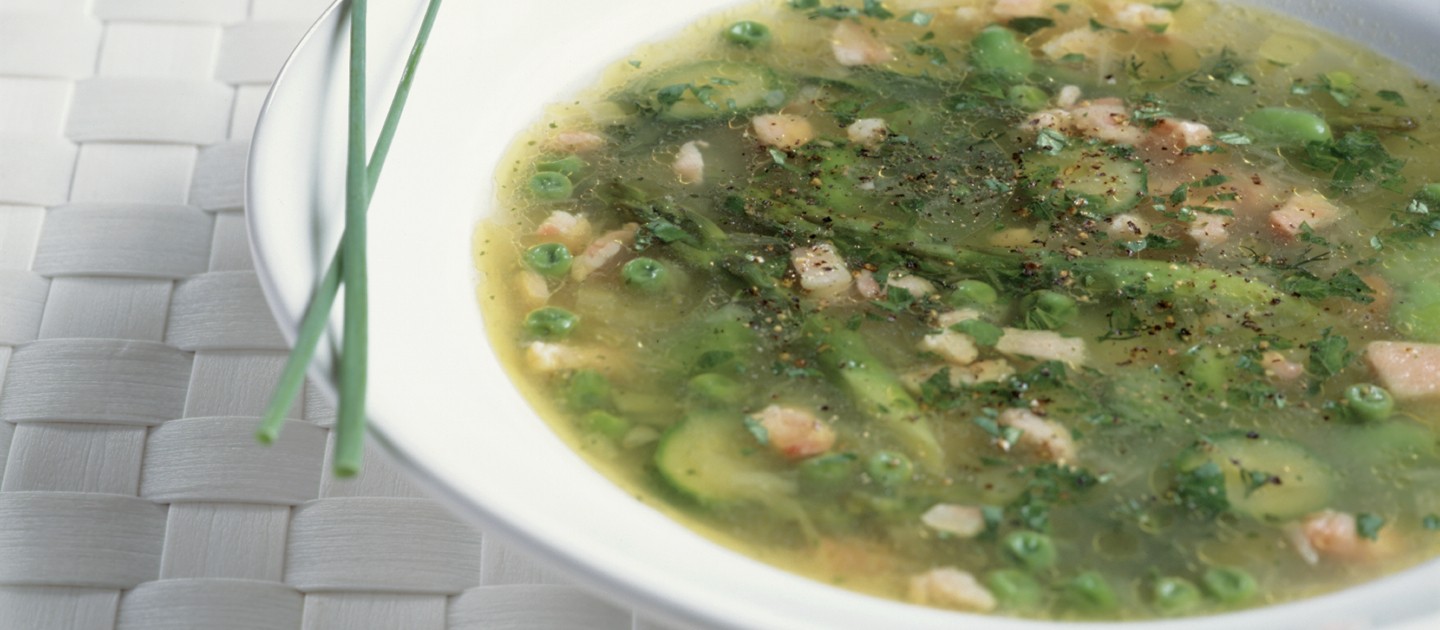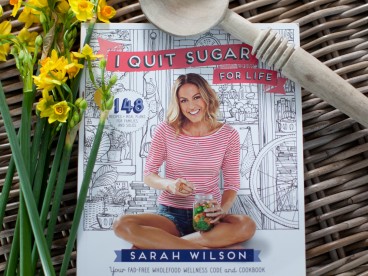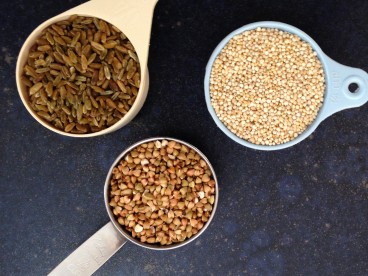Souper charge your week
Many of us have had a health kick where we’ve made a huge pot of mixed vegetable soup on Sunday night and by Thursday never want to see the freaking stuff ever again. It’s like committing water torture on yourself with stock cubes and tinned tomatoes.
It doesn’t have to be that way
You can make soup a habit, and there are very good reasons to do so. Homemade soups are an easy way to maximise your veg intake and can help you lose weight. Research at the University of Nottingham has shown that to feel full longest, you’re better off consuming soup than having a glass of water alongside a dish made of the same ingredients!
So what’s the best way to embrace soup and really make it part of your day? Here are our top tips.
Go large
No one needs another chore on the to-do list. Plan to make soup only twice a week – or three times in two weeks – but, when you do, make a huge pot. Use at least a kilo of vegetables and a recipe you really like (guiltily wading through a vat of anything a bit yuk is painful and ultimately not helpful). Then eat some, put another cup or two of it in the fridge for later in the week, and…
Use your freezer
Get a load of 500ml soup storage bags and freeze the rest of the batch in 300-500ml portions for next week, or the week after, or whenever. Quality bags such as those from Lakeland are wonderfully space-efficient so you can freeze good quantities of soup even if you only have an ice box. When you make soup again a few days later, and during the following week…
Choose recipes that taste completely different
You don’t want carrot and coriander, followed by spiced butternut squash and curried sweet potato – they’re too samey. Think contrasts: yellow pepper and basil; mushroom and oregano; beetroot and caraway; watercress.
Let single vegetables take the starring roles and be judicious with base veg mixers like carrot and celery as they tend to add ubiquity rather than flavour. Keep mixed veg soups of the type that has you cleaning out the vegetable drawer to once or twice a month because they quickly get tedious too.
Within three weeks you’ll have a lovely assortment of soups you can pull from the freezer as needed. (Bonus: if you suddenly have to feed someone else, you can pull out two or three packs of the same recipe – job done.) To underline the sense of delicious diversity…
Vary your stocks
You don’t need to slave over bone broths every weekend (though that’s not a bad habit). But constantly reaching for Marigold vegetable bouillon powder or a chicken stock cube is like saying: ‘Hmmm, all this soup needs is a dash of dullness.’
We’re not suggesting you don’t use them at all, but next time, try something else. Boil up some leftover corn cobs, save your gammon poaching water, add porcini powder, or make a cheffy mushroom and fennel stock from scratch. Variety is the spice of life. Speaking of which…
Don’t use dried mixed herbs
Seriously, just throw the crap out. Use fresh when you can and keep a bit of dried oregano in the cupboard for those recipes that wouldn’t taste right without dried oregano. Exercise similar restraint with curry powder – it is not a failsafe way to make vegetable soup scrumptious; do not put it in everything.
Ham it up
Or chorizo it up. Or beef it up. While the point here is to use the power of vegetable soups to improve your health and wellbeing, a little meat can add a lot of flavour. A few rashers of bacon fried with an onion transforms courgettes, cauliflower or cucumber. Flakes of roast lamb or beef work well with mushroom, in which case you might add a slug of sherry or brandy too.
If you want something more sustaining add a handful of dried pasta shapes, barley, rice, potato, tinned beans or chickpeas… Half a cup of dried red lentils thrown in with the stock is a great thickener for orange coloured veg soups. Even so, remember the aim is to…
Snack on it
Think of your light vegetable soups as a bonus or fourth meal of the day, a soothing pause at noon or mid-afternoon. Trying to call them lunch or dinner is deprivation mentality.
Using soup as a snack helps switch off the appetite signal; the fibre and water add bulk (and therefore satisfaction) with very few calories. If you want soup for lunch or dinner – great, but go for one that’s really substantial; a complete meal with protein and starch ingredients.
To go deeper on the nutrition science of all this, check out Linda Lazarides’ excellent Big Healthy Soup Diet.
Happy souping.

 'I Quit Sugar For Life'
'I Quit Sugar For Life'  ¼ cup
¼ cup